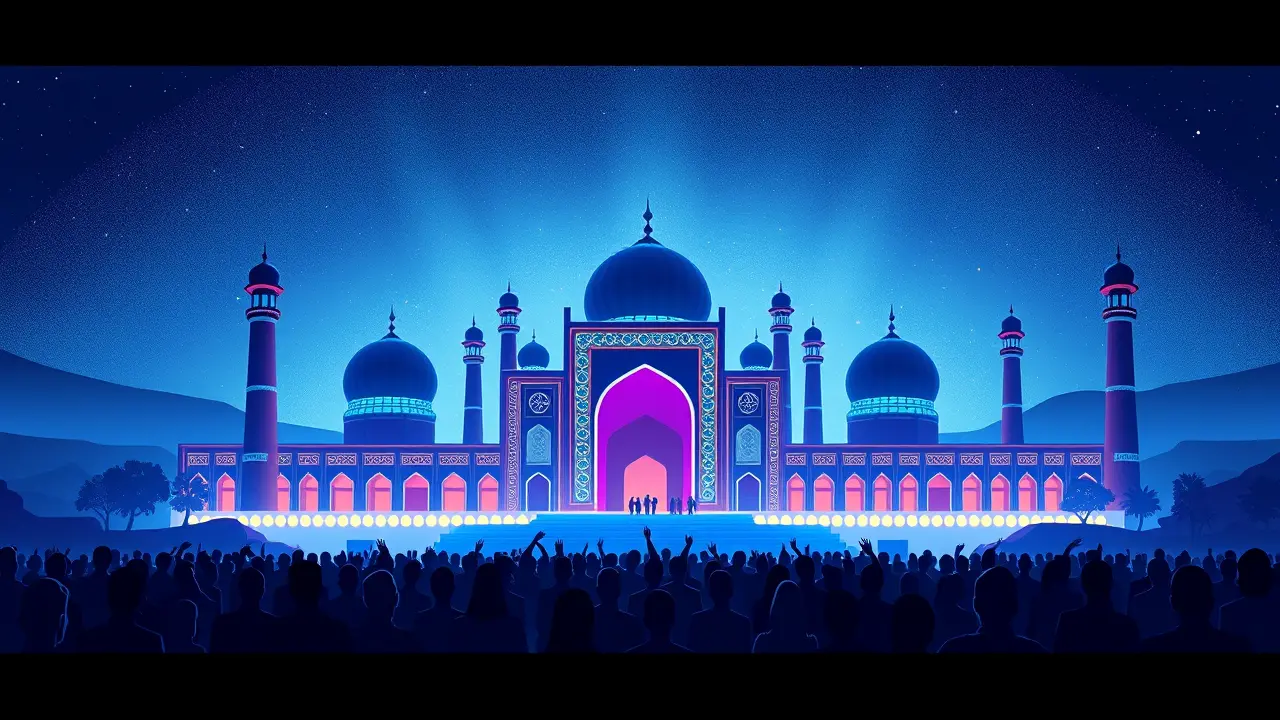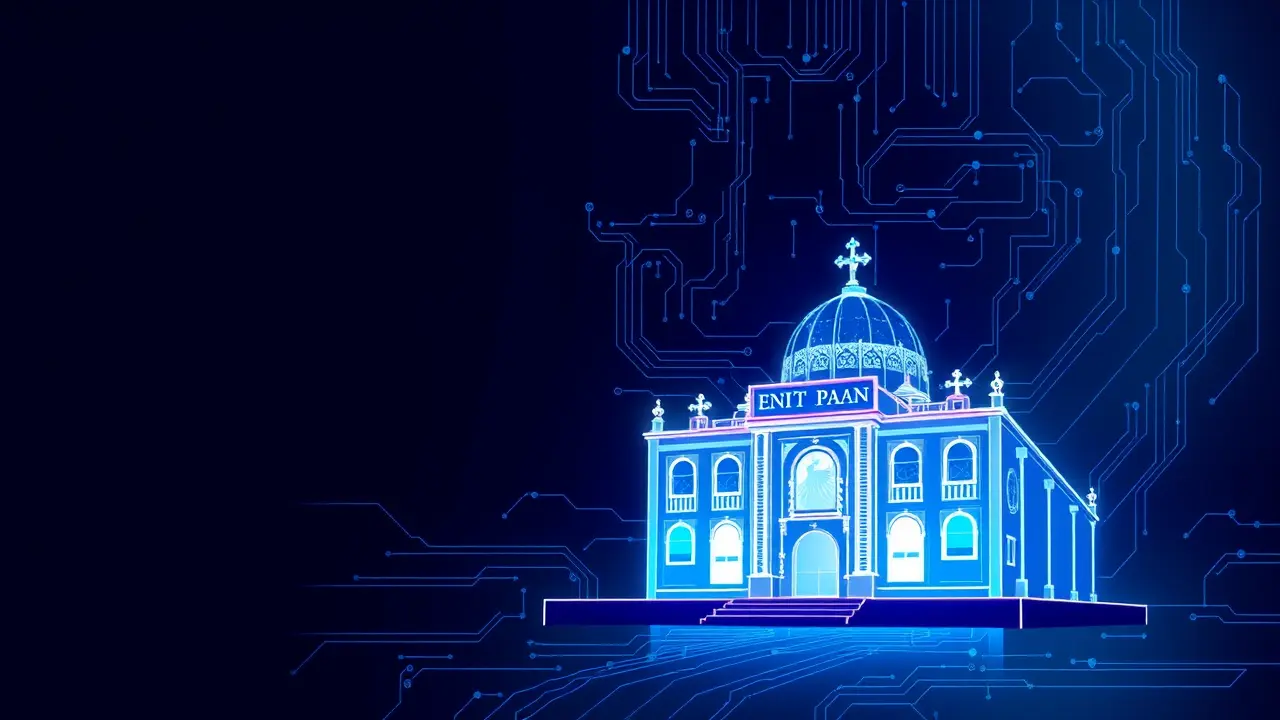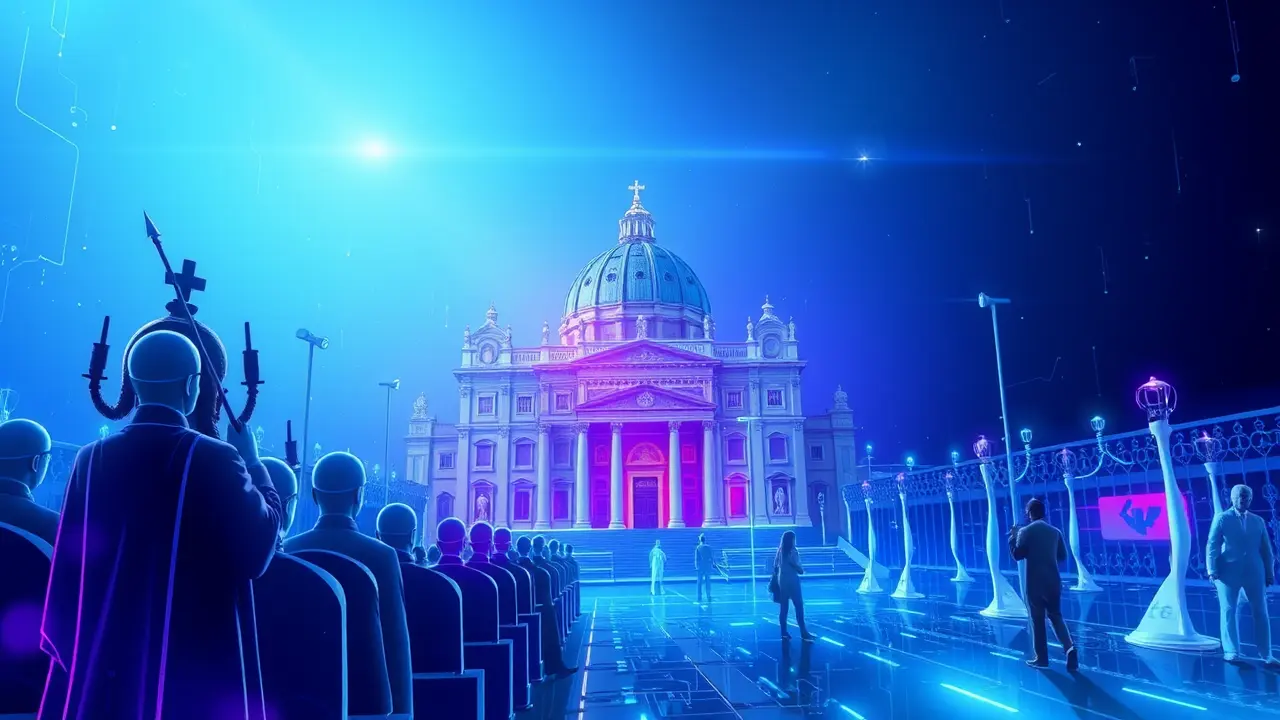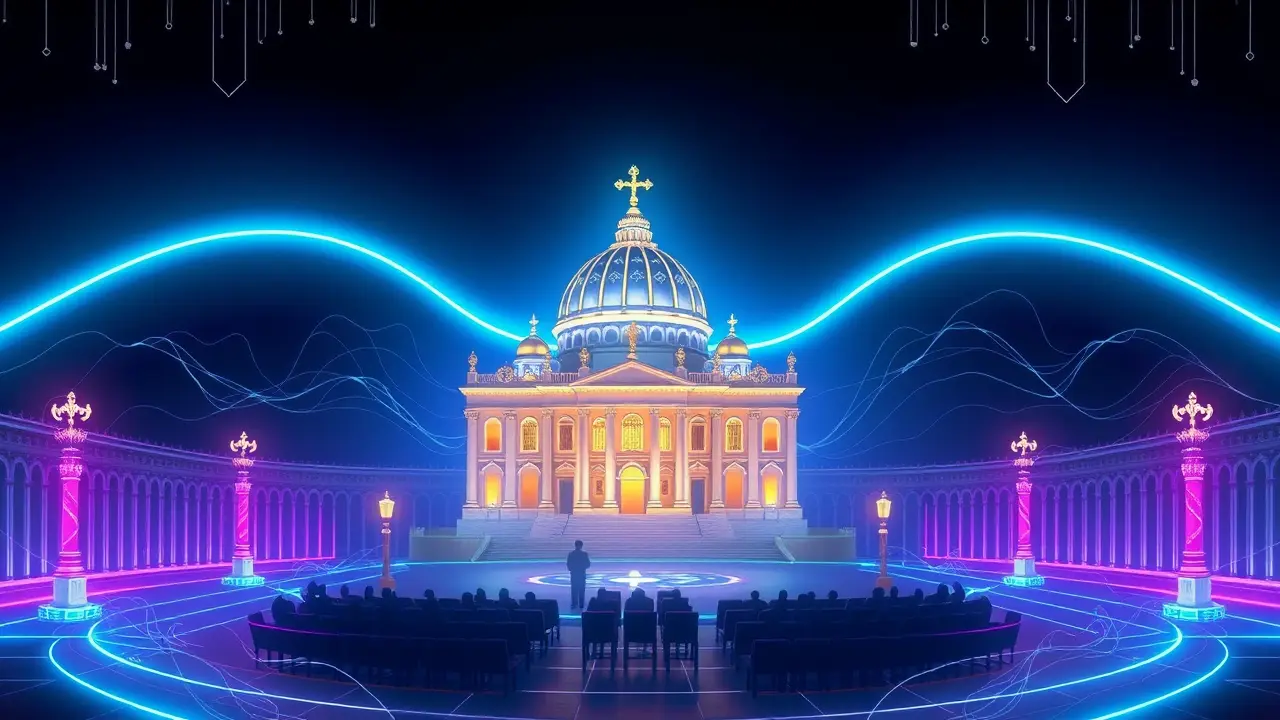
AIai regulationGlobal AI Summits
Uzbekistan Hosts UNESCO Conference on Education and AI
MI
Michael Ross
2 days ago7 min read
When UNESCO Director-General Audrey Azoulay stood in the ancient city of Samarkand and declared the moment 'historic,' she was doing more than just opening another conference; she was placing a flag at a critical juncture in human development, a point where our oldest institutions of learning are being fundamentally reshaped by our newest tools of intelligence. Samarkand, that legendary nexus of the Silk Road where caravans once traded not just goods but ideas, mathematics, and astronomy, is an almost poetic venue for this convergence.For centuries, it was a place where East met West, and now, it serves as the stage where the classical humanistic tradition of education is meeting the disruptive, exponential force of artificial intelligence. This UNESCO conference, therefore, isn't merely a policy discussion; it's a philosophical and practical reckoning.The core tension on the table mirrors the very debates that have surrounded AI since its inception, echoing the foundational warnings of visionaries like Isaac Asimov, who framed his entire robotic universe around the ethical imperative of non-maleficence. On one side lies the immense opportunity: AI-powered tutors could offer personalized learning to every child on the planet, breaking down the one-size-fits-all model of traditional schooling and potentially bridging educational divides that have persisted for generations.Imagine a student in a remote village having access to a Socratic AI mentor that adapts to their learning style, or a researcher using large language models to synthesize centuries of scientific papers in minutes. The potential for democratizing knowledge is staggering, offering a future where education is not a privilege of geography or wealth but a universal human right amplified by technology.Yet, casting a long shadow over this optimistic vision are the profound risks that demand rigorous policy frameworks. The same algorithms that can personalize learning can also entrench bias, codifying historical inequalities into digital permanence if trained on flawed data.The very nature of critical thinking and creativity could be undermined if students lean on AI for original thought, leading to a potential atrophy of fundamental human cognitive skills. There are also the dystopian fears of pervasive surveillance and behavioral manipulation through educational platforms, a modern 'Brave New World' delivered not through soma but through personalized learning pathways designed for compliance rather than intellectual rebellion.The discussions in Samarkand must grapple with these dualities, moving beyond simplistic techno-utopianism or alarmist pessimism. The path forward likely involves a hybrid model—a new educational paradigm where AI handles administrative drudgery, data analysis, and personalized skill drills, freeing human educators to focus on what they do best: fostering empathy, nurturing curiosity, guiding moral and ethical development, and facilitating the complex, messy, and profoundly human interactions that constitute true mentorship.This isn't about replacing teachers with machines; it's about creating a powerful symbiosis. The global policy frameworks that emerge from this conference will need to be as agile as the technology itself, establishing guardrails for data privacy, algorithmic transparency, and equitable access while avoiding heavy-handed regulation that could stifle innovation.The stakes could not be higher; the decisions made in halls that once heard the whispers of medieval scholars will shape the cognitive toolkit of the next generation, determining whether AI becomes a great equalizer in education or a new, insidious vector of inequality. The historic nature of this moment, as Azoulay rightly identified, lies in our collective choice: will we guide this powerful technology to serve humanity's most noble aspiration—the pursuit of knowledge—or will we cede that control and become passive subjects in its unfolding narrative?.
#UNESCO
#AI initiatives
#education
#Samarkand
#global summit
#featured
Stay Informed. Act Smarter.
Get weekly highlights, major headlines, and expert insights — then put your knowledge to work in our live prediction markets.
Related News
Comments
It’s quiet here...Start the conversation by leaving the first comment.
© 2025 Outpoll Service LTD. All rights reserved.


